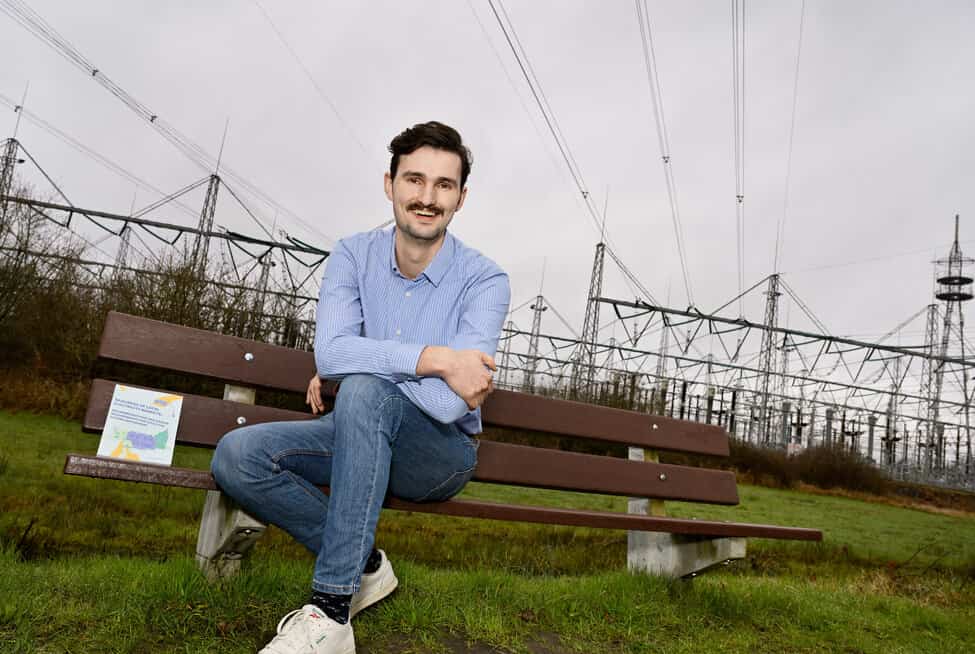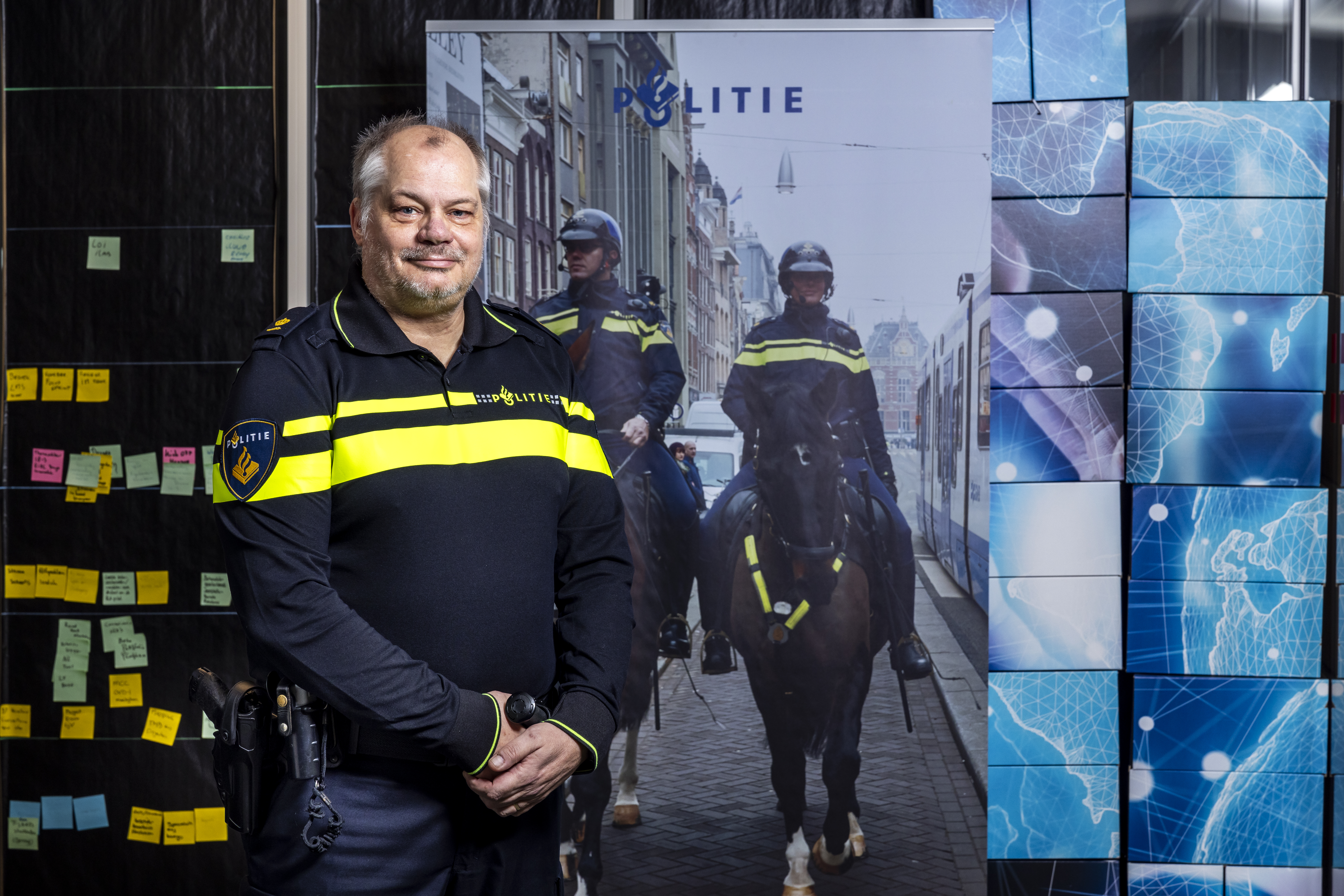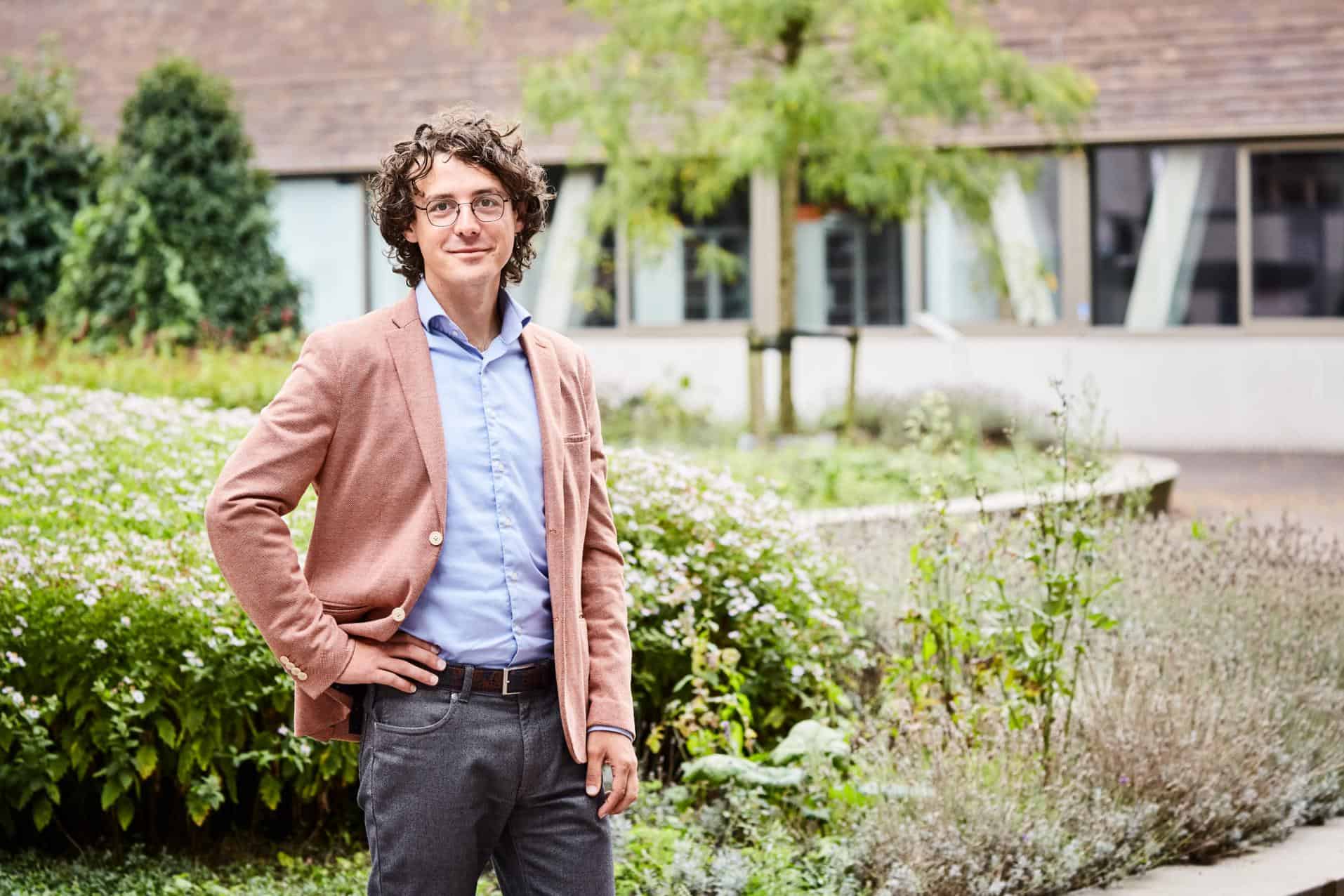
Each week we take a look with EV specialist and Innovation Origins columnist Auke Hoekstra at what caught his eye on topical issues or what he runs into where the preservation of our planet is concerned.
Have you read about it? The Netherlands has to buy up surpluses of green energy from abroad in order to avoid fines from the EU.
“Yes, it’s ludicrous. In the Netherlands, we should actually invest all our money into sustainable energy. But we haven’t planned things very well. A court ruling like this is an example of that. We now have to pay money to foreign countries which do have their affairs in order. That’s a waste of money. It’s just a terrible shame that governments are constantly surprised at how quickly sustainable technologies are becoming cheaper and cheaper.”
Green energy is a money maker
For a moment it’s all quiet on the other side of the line: “Auke, are you still there?” Meanwhile, there’s the sound of frantic typing on a keyboard and suddenly an e-mail from Auke pops up on the screen. “Yeah, I was thinking about an article I read in the NY Times. Look! Larry Fink, the director of the world’s largest investment company, BlackRock says it too: you have to be prepared for the phasing out of fossil fuels. Green energy is going to make money. A while ago, it was the other way around and sustainable energy was particularly expensive.”
“It says a lot about how inefficiently the government spends money. Not so long ago, investments were made in new coal-fired power stations which now have to close down sooner. While that money would have been better put into something sustainable. A few years ago you were a ‘green freak’ if you said that, but even the director of BlackRock agrees with them now.”
How come the Netherlands hasn’t got its affairs in order yet? Is it down to short-term thinking?
“Well, traditionally, we’re very good planners. We had to resolve our water issues and you can’t manage that with short-term thinking. You really need to think ahead. That means a lot of people accepted that we had to build dikes in the knowledge that their children would then be safe from flooding. This was all built with the long term in mind. Just as our grid managers also look ahead with the aim of making the grid more sustainable. But as a country, that’s just not happening.”
So what’s the reason?
“I haven’t done any research into it, but if I had to name something, it would be the rich gas and oil industry in The Netherlands. Look at Germany, where the car and diesel industry is very rich too, that’s why it evokes warm feelings. It’s very difficult to make the shift towards electric driving. Major car manufacturers say they want to make the switch, but they’re proceeding far too slowly”.
“The Netherlands has grown big on fossil fuels. Many people have forgotten that the Dutch East Indies was one of the first places where oil was discovered. The Dutch were busy there pretty much from the start, they were the forerunners of Shell. We are used to turning on the gas and money flowing in. Everything is financed via oil and gas. It’s an old boys network. Established companies have exceptionally large vested interests that they are continuing to defend. That’s why I think this transition is taking so long.”
Auke emphasizes that he doesn’t want to suggest that oil companies are ‘evil’: “No, that’s just how conspiracy theories work. Oil companies really believe that what they are doing is the right thing to do. In their view, they are not trying to destroy the earth – except they are doing just that! Fortunately, it’s not too late. There are plenty of examples from history where people were firmly convinced that they were doing the right thing, but later came to their senses.”
How do you bring the two ‘camps’ closer together?
“Rutger Bregman offers a fine example of how it can be done in his book ‘De meeste mensen deugen’ (Most People are Virtuous). He talks about Nelson Mandela and Constand Viljoen, they were diametrically opposed to each other and it threatened to turn into a civil war. Then Viljoen’s brother, who was on Mandela’s side, arranged a chat with Mandela. Viljoen went to have tea with him. Mandela opened the door himself, not a housekeeper or anyone else like that. They sat down together and could show each other respect for their points of view. They understood each other’s concerns. It turned out they could trust each other in a rather strange way. “If we start a war, nobody wins,” they both agreed.”
“I hope that when it comes to the energy debate, we will also use the approach that the boss of Shell is not such a bad person after all, but a normal human being just like us. And the other way around that ‘green freaks’ won’t say: ‘Those who aren’t sustainable, are stupid’. Here it’s also a case of: war is – let me put it scientifically – suboptimal, nobody benefits from it. We need to understand each other more in order to figure things out together.”
Pillarization and practical solutions
“We’ve always been very good at that in The Netherlands, look at the effects of pillarisation. Everyone exists in their own group, but decisions are made at the top. They also knew there that someone from another group isn’t as bad as their own group leaders would have us believe. A practical solution is always sought.”
“That’s what’s needed for the transition now. My point is that the government needs to understand that investing in fossil fuels is a waste of money. Coal-fired plants should close down sooner now. That choice to invest in them was the wrong one in any event. So now taxpayers have to pay for this, that’s the world upside down, isn’t it?”








